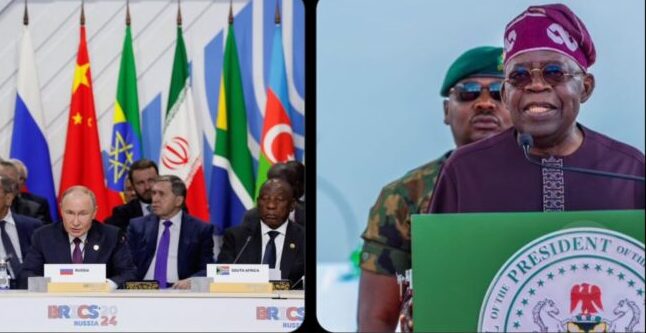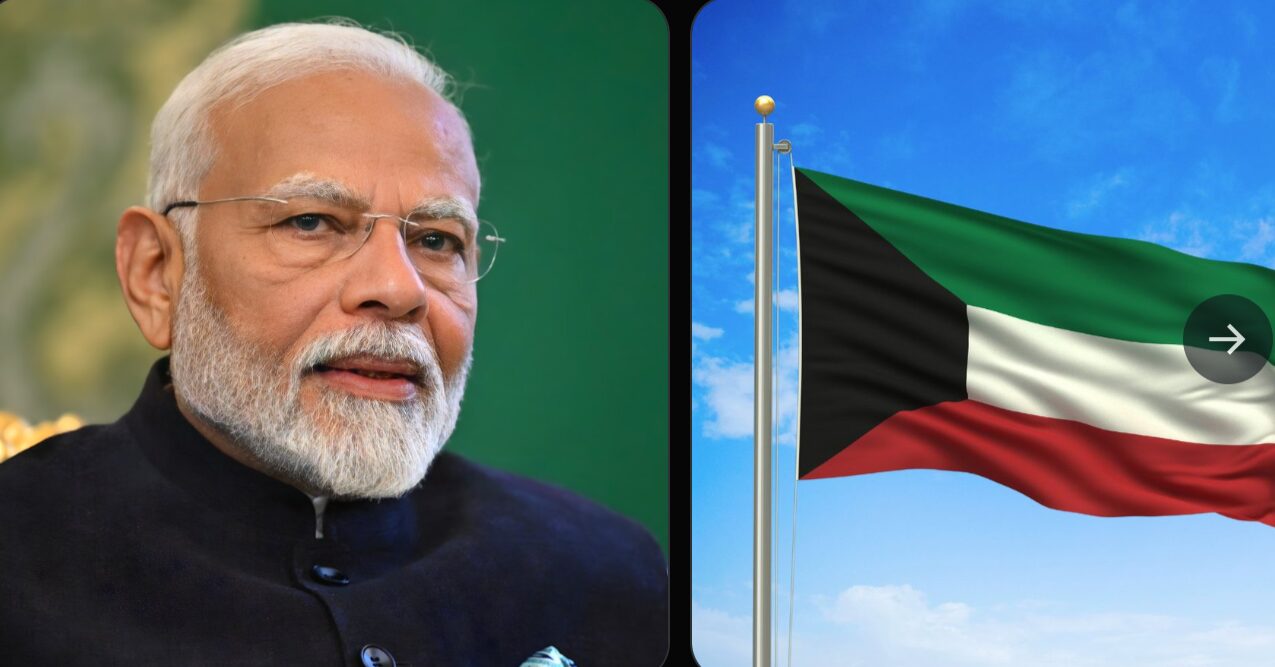Nigeria officially joins BRICS as a partner country (not a full member)
In a historic development, Nigeria has officially become a partner country of the BRICS bloc, marking a significant step in the nation’s international relations and economic strategy. While Nigeria’s inclusion in BRICS does not grant it full membership, it positions the country as a key player in the growing influence of the group, which comprises Brazil, Russia, India, China, and South Africa. This move is part of a broader shift in global power dynamics, where emerging economies are looking to strengthen their collective voice on the world stage. Nigeria’s new role as a BRICS partner country comes at a time when the bloc is expanding its reach and influence, and it carries important implications for both Nigeria and the global economy. Here’s a closer look at what this development means for Nigeria, BRICS, and the world.
The BRICS Expansion: What It Means for Nigeria
BRICS, initially formed in 2009, is an economic bloc that has increasingly gained prominence due to its influence in global trade, politics, and development. The bloc was created to represent the interests of major emerging economies that were seen as rising powers in the global arena. With the inclusion of South Africa in 2010, BRICS has expanded its membership to five countries, but the organization has now begun to engage with additional nations on a partnership basis. Nigeria’s inclusion as a partner country marks a strategic alignment with BRICS, although it does not yet have the same standing as a full member.
For Nigeria, joining BRICS as a partner is a recognition of its growing influence as the largest economy in Africa and a major player in global energy markets, particularly in oil and gas. The partnership with BRICS offers Nigeria an opportunity to deepen its economic ties with some of the world’s most powerful emerging markets, facilitating trade, investment, and cooperation in various sectors. This is especially important as Nigeria continues to seek ways to diversify its economy, reduce its dependency on oil, and develop infrastructure to support sustainable growth.
Nigeria’s Economic Potential and BRICS’ Strategic Interests
As Africa’s largest economy, Nigeria brings substantial economic potential to the BRICS bloc. The country has a population of over 200 million people, offering a large consumer market for goods and services. Additionally, Nigeria is rich in natural resources, including vast oil reserves, natural gas, and a range of minerals, making it a key player in the global resource economy. By joining BRICS as a partner, Nigeria can access new markets, enhance trade with other BRICS nations, and attract much-needed foreign direct investment (FDI).
BRICS members, particularly China and India, have shown significant interest in Africa’s growing economic potential. With China investing heavily in African infrastructure and India increasing its trade relationships with African countries, Nigeria’s partnership with BRICS is a logical step toward expanding its economic influence on the continent and globally. The country could also benefit from increased access to BRICS-backed financing mechanisms, which have been pivotal in funding development projects in member states and beyond.
For BRICS countries, including Nigeria as a partner strengthens the bloc’s position on the African continent. Nigeria’s inclusion could help BRICS tap into Africa’s emerging markets, which are expected to grow rapidly in the coming decades. This could potentially shift the global balance of power, allowing BRICS to better challenge the dominance of Western nations in international trade and politics.
The Political and Diplomatic Implications for Nigeria
Joining BRICS as a partner country also has significant political and diplomatic implications for Nigeria. The country’s foreign policy, which has traditionally centered on regional leadership and ties with Western powers, will now be shaped by its deeper engagement with an influential group of emerging economies. Nigeria’s new status could boost its diplomatic leverage on the world stage, especially as BRICS has been vocal in advocating for reforms to international institutions like the United Nations, the World Bank, and the International Monetary Fund.
The partnership with BRICS allows Nigeria to be part of a bloc that has increasingly called for greater representation of emerging economies in global governance structures. This is especially relevant for Nigeria, as it seeks to strengthen its position in international negotiations, particularly in sectors like energy, trade, and development. The country could play a more prominent role in shaping global policies related to climate change, international finance, and technology, all of which are critical areas of focus for BRICS countries.
Challenges and Opportunities for Nigeria in BRICS
While Nigeria’s partnership with BRICS presents numerous opportunities, it also comes with certain challenges. One of the key challenges is the issue of economic diversification. Nigeria remains heavily dependent on oil exports, which exposes the country to volatility in global commodity prices. While joining BRICS provides access to new markets and potential investment, Nigeria must continue its efforts to diversify its economy by fostering growth in sectors such as agriculture, manufacturing, and technology.
Another challenge is the need for strong infrastructure development to support Nigeria’s aspirations within the BRICS framework. Improved transportation networks, energy infrastructure, and digital connectivity are essential for Nigeria to fully capitalize on its partnership with BRICS nations. Without addressing these infrastructure gaps, Nigeria could struggle to attract the level of investment it needs to grow its economy in a sustainable way.
On the flip side, the BRICS partnership provides Nigeria with an opportunity to access new trade routes, technology transfers, and expertise from other member nations. Collaborative efforts on technological innovation, particularly in digitalization, could position Nigeria as a leading player in Africa’s growing tech industry. Additionally, Nigeria’s engagement with BRICS could lead to enhanced regional cooperation within Africa, as it could serve as a gateway for other African countries to engage more deeply with the BRICS bloc.
Nigeria’s Role in the Global Economy Moving Forward
Nigeria’s inclusion as a BRICS partner is a significant step in the country’s evolving role within the global economy. As the country seeks to establish itself as a major economic and political power, its partnership with BRICS could open the door to greater influence and opportunities on the world stage. By aligning itself with a group of countries that share similar growth trajectories and geopolitical interests, Nigeria is positioning itself as a key player in the future of global governance, trade, and economic development.
However, the true impact of this partnership will depend on how Nigeria leverages its position within BRICS to address its domestic challenges and capitalize on opportunities for growth. The coming years will reveal whether Nigeria can successfully harness the potential of this new relationship to propel itself toward greater economic prosperity and influence.
In conclusion, while Nigeria’s membership as a BRICS partner country does not grant full member status, it is a major diplomatic and economic milestone for the nation. As Nigeria works to solidify its place within BRICS, it will likely gain new opportunities for trade, investment, and international collaboration, all while contributing to the broader goals of the emerging economies in reshaping global economic and political structures.

















Post Comment